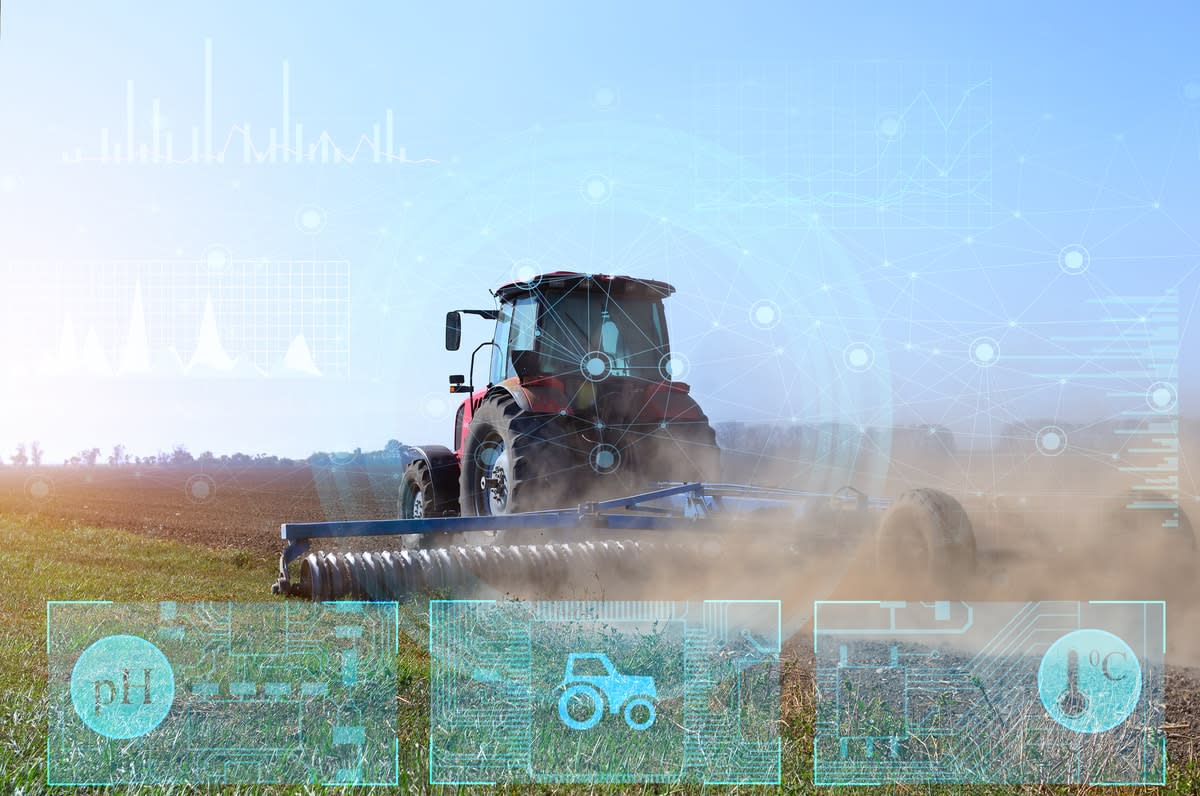The global agricultural industry stands at a critical juncture. While we must meet the food needs of an ever-growing population, we are also tasked with preserving the very resources upon which agriculture relies. Enter regenerative agriculture, a transformative approach to farming that goes beyond merely being sustainable to actively restore the health of our ecosystem.
Understanding regenerative agriculture
Regenerative agriculture is an approach to food and farming systems that prioritise soil health, along with the health of the ecosystem overall. It covers a range of farming practices designed to rebuild organic soil matter and restore degraded soil biodiversity. The outcome is a strengthened ecosystem that improves the resilience of farms to changes in climate and reduces reliance on chemical inputs.
Regenerative practices include cover cropping, crop rotation, reduced tillage, organic production and managed grazing techniques. These methods can bring significant benefits to both the environment and farmers.
Environmental benefits
The primary environmental benefit of regenerative agriculture is its potential to combat climate change. Healthy soil acts as a carbon sink, absorbing more carbon dioxide from the atmosphere than it releases. This process, known as carbon sequestration, can be significantly boosted through regenerative practices, offering a powerful tool in our fight against climate change.
Moreover, regenerative agriculture promotes biodiversity, leading to more robust and resilient Geosystems. It can also protect water resources by increasing the soil’s ability to retain water, reducing runoff and erosion.
Economic and productivity benefits
Regenerative agriculture is not only good for the planet but also for the farmers and economies that depend on agricultural productivity. Healthy soil is more fertile and can lead to higher yields over time. By reducing dependence on synthetic inputs, regenerative farming can also decrease the cost burden for farmers.
Moreover, as consumers become more conscious of the environmental impact of their food choices, farms adopting regenerative practices can gain a competitive advantage in the market.
Looking forward
Despite the compelling benefits of regenerative agriculture, adoption is not without its challenges. Transitioning from conventional practices requires an upfront investment of time and resources. Farmers must learn new techniques and manage the risk associated with change.
However, with the increasing pressures of climate change and the rising demand for sustainable for food options, the transition to regenerative agriculture is more necessary than ever. As we look to the future, it is clear that this holistic approach to farming represents a path to a more sustainable and resilient food system.
At Charterdoc, we are committed to keeping you informed about such transformative trends in the agricultural industry, providing the insights you need to navigate this changing landscape.
Read similar articles
-
Eco-tourism: a deep dive into the world’s fastest growing travel trend
In the realm of travel, few trends have grown as swiftly or as decisively as eco-tourism. As global consciousness pivots toward environmental sustainability, eco-tourism offers a mutually beneficial solution: one that quenches the thirst for travel and exploration, while maintaining, or even enhancing, the ecological balance of the destinations visited. Nowhere is this trend more […]
-
Feeding the world with AI: how machine learning is revolutionising food production
In the face of growing global populations, climatic shifts, and finite resources, humanity is presented with an imposing challenge: how can we sustainably feed an estimated 9.7 billion people by 2050? The answer may lie at the intersection of agriculture and advanced technologies, specifically within the realm of Artificial Intelligence (AI) and Machine Learning (ML). […]
-
Cultivating the future: an introduction to cellular agriculture
There are moments in history when the confluence of science, innovation, and circumstances forces us to redefine what we thought possible. We stand at one such pivotal juncture today as we explore the frontiers of food production, specifically the revolutionary field of cellular agriculture. A concept straight out of science fiction a few years ago, […]
